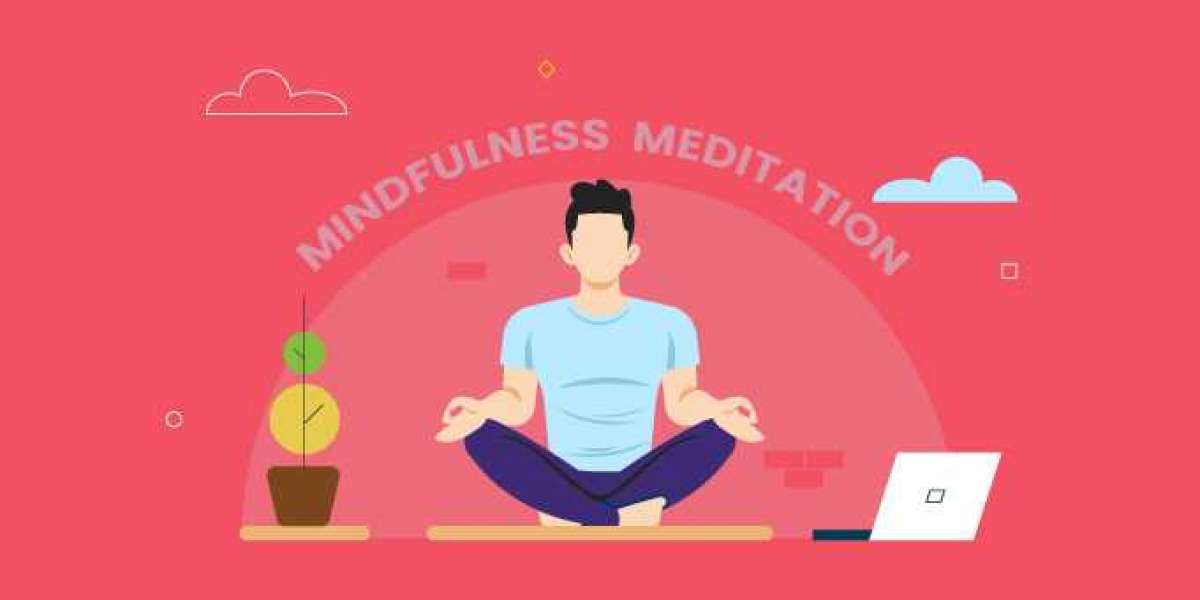In a world that is constantly on the go, finding moments of peace and quiet can be difficult. This is where meditation and mindfulness practices can play a crucial role in helping people to cultivate a healthier lifestyle. In this blog, we will explore the benefits of meditation and mindfulness practices and how they can contribute to a healthier and more fulfilling life.
Reduced Stress and Anxiety
One of the primary benefits of meditation and mindfulness practices is their ability to reduce stress and anxiety. The practice of mindfulness involves bringing awareness to the present moment, which can help to reduce the impact of stress and anxiety on the body and mind. Studies have shown that meditation and mindfulness practices can help to lower levels of cortisol, the stress hormone, and increase feelings of relaxation and calmness.
Improved Focus and Concentration
Another benefit of meditation and mindfulness practices is their ability to improve focus and concentration. When we practice mindfulness, we train our minds to be more present and attentive, which can help us to stay focused on the task at hand. This can be especially helpful for individuals who have trouble concentrating or who struggle with ADHD.
Enhanced Emotional Well-being
Meditation and mindfulness practices can also contribute to enhanced emotional well-being. By cultivating a greater sense of awareness and compassion for oneself and others, individuals can become more in tune with their emotions and better equipped to manage them. This can lead to greater self-acceptance, improved relationships, and a greater sense of overall well-being.
Improved Physical Health
Meditation and mindfulness practices have also been shown to improve physical health. Studies have found that regular meditation can help to lower blood pressure, reduce symptoms of irritable bowel syndrome, and improve sleep quality. These benefits can contribute to a healthier lifestyle and lower risk of chronic diseases.
Greater Resilience and Coping Skills
By practicing meditation and mindfulness, individuals can develop greater resilience and coping skills. These practices can help individuals to better manage stress and challenging situations, which can contribute to greater emotional and mental well-being. Meditation and mindfulness can also help individuals to develop greater insight into their own thoughts and emotions, which can help them to better navigate difficult experiences.
Increased Sense of Connection
Meditation and mindfulness practices can also help individuals to feel a greater sense of connection to themselves, others, and the world around them. By cultivating awareness and compassion, individuals can become more attuned to the needs and experiences of others, leading to greater empathy and understanding. This can also contribute to a greater sense of purpose and meaning in life.
In conclusion, meditation and mindfulness practices have numerous benefits for a healthier lifestyle. From reducing stress and anxiety to improving focus and concentration, enhancing emotional well-being, improving physical health, increasing resilience and coping skills, and fostering a greater sense of connection, meditation and mindfulness can contribute to a more fulfilling and satisfying life. With regular practice and dedication, individuals can harness the power of meditation and mindfulness to cultivate a healthier and more balanced lifestyle.





